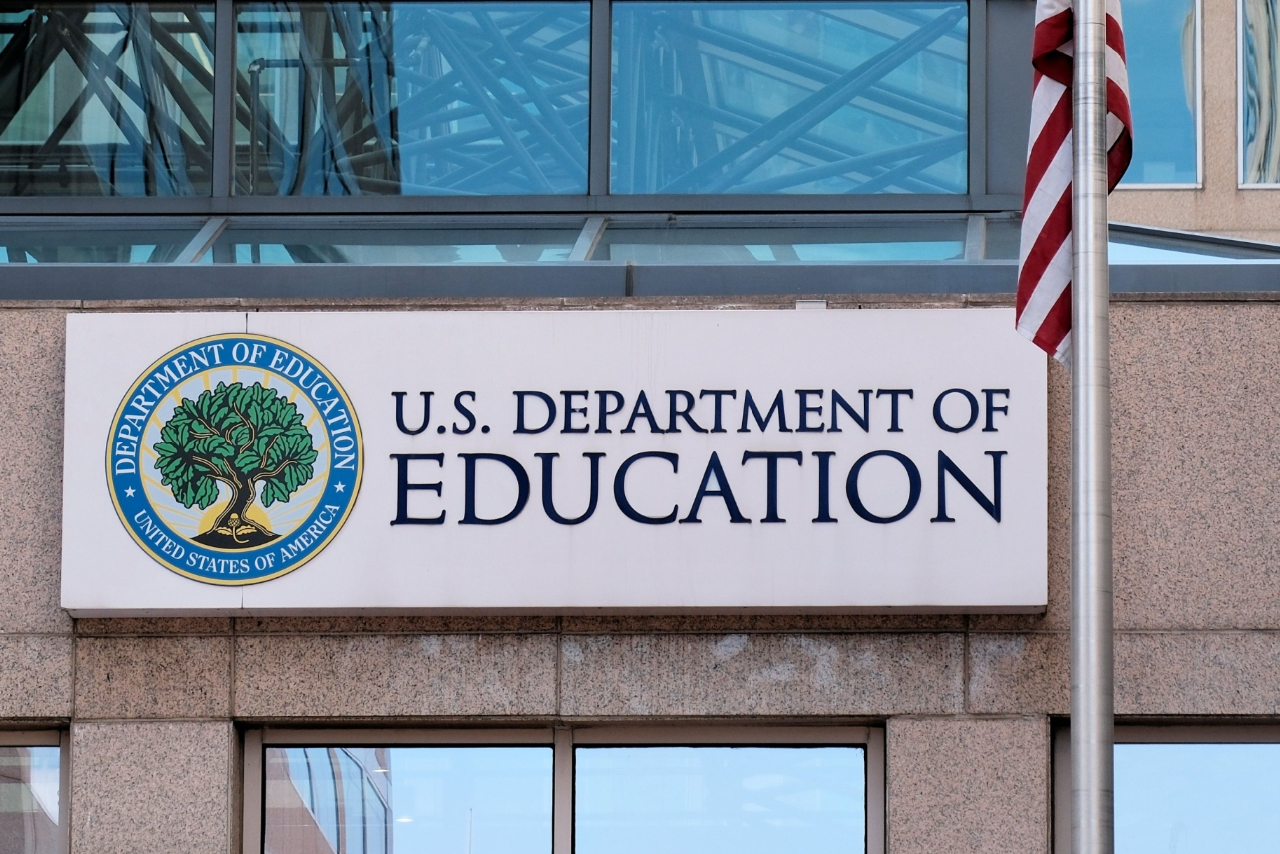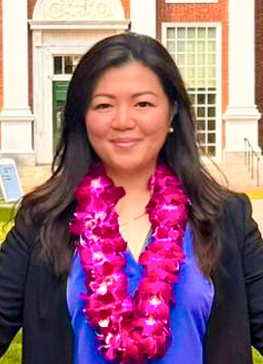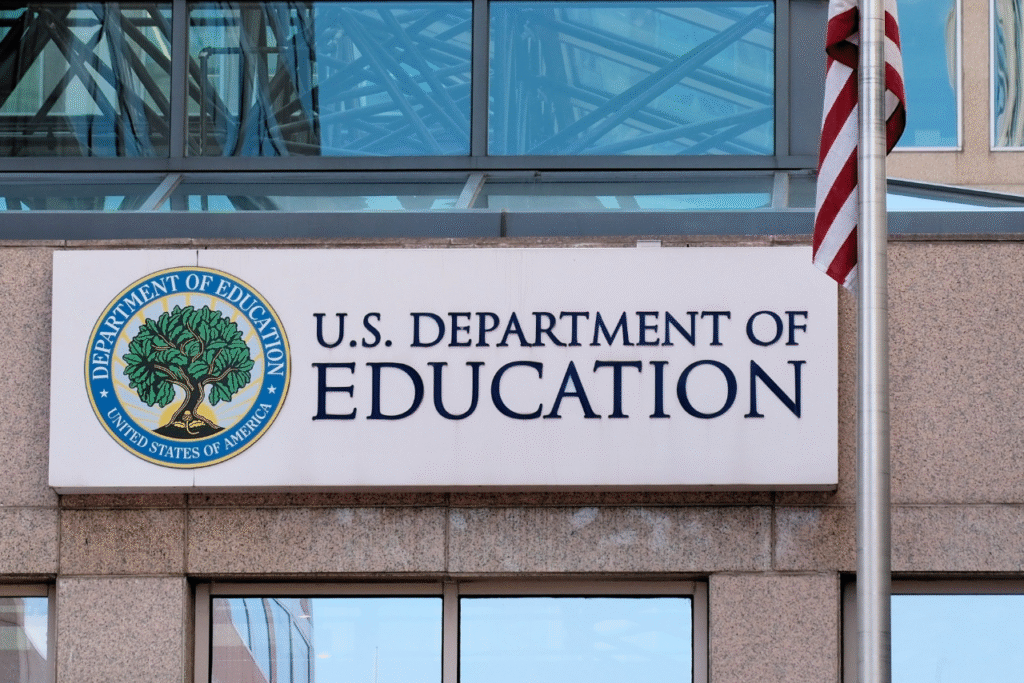

Jacqueline Che
THE U.S. Department of Education has reduced federal grant funding to the CNMI Public School System by $4.5 million, or 24%, for school year 2025-2026.
The funding cut is part of more than $6 billion withheld nationwide after many states and territories — including the CNMI — did not receive their grant award notifications by July 1, 2025.
According to PSS officials, the reduction will affect several existing programs. On the advice of the PSS Federal Programs Office or FPO headed by Jacqueline Che, Commissioner of Education Dr. Lawrence F. Camacho issued a memorandum on Wednesday calling for “immediate action” to mitigate the impact of the cut. The memo ordered a two-week freeze on spending (until July 18) and a review of other federal spending to recoup the $4.5 million shortfall.
Despite the setback, Camacho gave these assurances:
– The Aug. 19 opening of all 20 public schools remains on schedule.
– The ongoing 2025 Extended Learning Opportunity and Summer School Program continues without interruption.
–Key services, such as Head Start/Early Head Start, Special Education, Early Intervention, Child Nutrition Program (Meals), and AmeriCorps will operate as scheduled for SY 2025–2026.
PSS stated that unlike some mainland districts immediately affected by the delay, its FPO had proactively set aside funds to shield both the summer program and the start of the new school year from disruption.
The U.S. DOE withheld consolidated grant award notifications beginning July 1, citing a “programmatic review.” The delay affected all 50 states and U.S. territories — including American Samoa, Guam, the CNMI, and the U.S. Virgin Islands.
Camacho’s memorandum was distributed to all PSS personnel on Saipan, Tinian, and Rota, central office staff, and private schools. It confirmed that the CNMI had received its award notification — but at a reduced amount.
“We confirm that the CNMI PSS has now received notification of consolidated grant award funding for school year 2025–2026,” Camacho stated.
“However, it is important to note that the award amount has been reduced by $4.5 million, representing a 24% decrease from the originally projected allocation.”
Anticipating changes in federal funding, the FPO has been conducting a review of PSS’s federal spending since last year.
Next steps
Camacho said adjustments or consolidation may be made to these 13 federally supported programs:
– Athletics.
– Technology infrastructure and distance learning.
– School improvement plans.
– Student competitions.
– College, career, and life readiness programs.
– Career and technical education.
– Advanced Placement.
– Class-size reduction.
– Family and community engagement.
– Mental health and safety support.
– Literacy and numeracy.
– Title I and English Language Learner services.
– Assessment and equitable services to private/non-public schools.
Camacho also announced the following:
– A travel suspension issued on June 28 remains in effect for all PSS teaching and non-teaching staff.
– All federally funded activities, purchases, and supplemental services are under review.
– PSS will continue to assess spending to streamline and realign programs for maximum efficiency.
Further cost-saving measures
In case the $4.5 million cut is not restored, Camacho said he is working with the FPO to reduce expenses through these additional measures:
– Updating policies on stipends, per diem, and travel allowances.
– Enhancing procedures for travel suspension.
– Shifting trainings and meetings to campus-based or virtual formats.
– Eliminating duplicate or non-critical spending across all federally funded programs.
“We acknowledge the challenges associated with this reduction, but we remain dedicated to ensuring continued access to quality education. Effective collaboration and prudent federal fund management are essential,” Camacho said.
Context and outlook
PSS relies heavily on local and federal funding. It is a non-revenue generating entity, operating 20 public schools with nearly 1,500 teaching and non-teaching personnel, and provides free meals, transportation, and technology services.
Compared to other U.S. jurisdictions, the CNMI receives lower overall federal education funding, despite serving an isolated island population.
At this time, there is no word from the U.S. Department of Education on whether the withheld funds will be reinstated. The department’s ongoing review has left school districts nationwide “with significant uncertainty,” according to national education reports.











